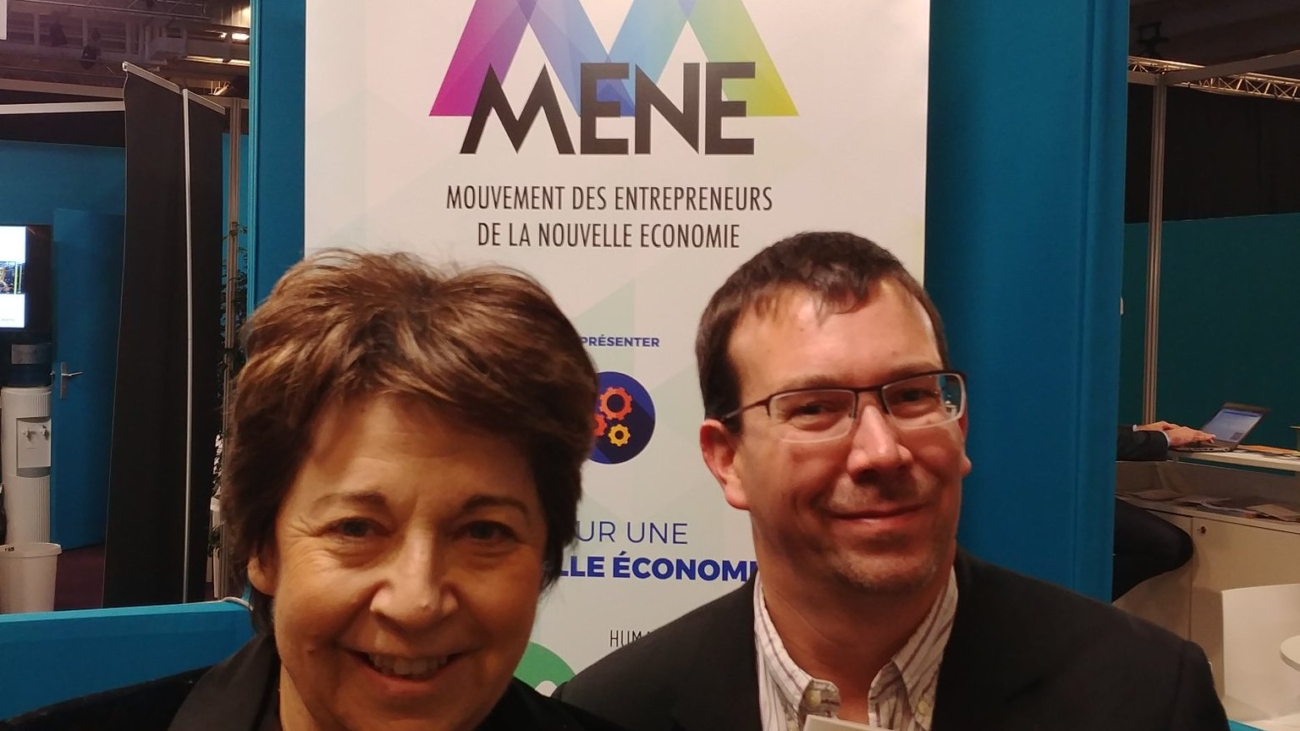The Universal Declaration of Human Rights (UDHR)The Universal Declaration of Human Rights (UDHR), the first text to recognize the rights and duties of humanity towards itself, future generations, other species and nature, is two years old. The HRDu is 6 rights to a responsible, equitable, solidarity-based and sustainable environment and to the preservation of common goods; 6 duties that aim to ensure the sustainability of life on earth while ensuring the respect of human rights; articulated around 4 fundamental principles of responsibility, equity and solidarity but also dignity, continuity and non-discrimination.
Designed at the request of President Hollande in preparation for COP 21, it was transmitted to the United Nations in April 2016. Today, this text has been signed by one State, seven cities and one region, numerous bar associations around the world, companies, NGOs and many citizens. It is supported by high-level personalities, including former UN Secretary General Ban Ki-moon.
On the occasion of the summit organized by President Macron, and within the framework of World Efficiency Solutions, Corinne Lepage, former Minister of the Environment, President of the Editorial Board and of the Association of Friends of the Universal Declaration of Human Rights, and Nicolas Imbert, Executive Director of Green Cross France, co-editor and administrator of the association, wished to devote a special time to it.
A flagship event was thus proposed on December 14, 2017 during the World Efficiency trade show in Paris to raise public awareness of the interest of the DDHu, particularly its contribution with regard to other texts concerning the environment stricto sensu. It was also an opportunity to take stock of the progress made, the various signatories and the many prestigious supporters.
Why a Universal Declaration of Human Rights?
“The idea was to create a text that would be acceptable to all 195 states of the United Nations while marking real progress. This declaration is now two years old and has already been signed by one state, seven cities and one region, many bar associations around the world, companies, NGOs and many citizens. We now aspire to have it adopted even more widely. It is not a convention and is not binding on the States that adopt it.
It is therefore a new step, as was the case thirty years ago with the Declaration of the Rights of the Child, which then led to the Convention on the Rights of the Child twenty years later. Similarly, the Universal Declaration of Human Rights of 1948 is only a declaration, but it has permeated our law for half a century.
It is not a matter of replacing existing texts but of building a complementary text setting out rights and duties, no longer individual, but collective. This declaration proposes, among other things, to create interdependence between living species, to ensure their right to exist and the right of humanity to live in a healthy and ecologically sustainable environment.
The Universal Declaration of Human Rights could appear as a beautiful utopia: that of bringing together men and women but also entities of good will for their common future by accepting the definition of rights but above all of duties incumbent on the present generations in relation to the past generations and above all to the future generations. It has become a reality. The movement initiated by the Comoros at the state level is spreading and will not stop until the United Nations has adopted the declaration, thus allowing, for one of the first times in history, a text to be signed by states, public and private entities and individuals.
Corinne Lepage,
President of the Association of Friends of the Universal Declaration of Human Rights


